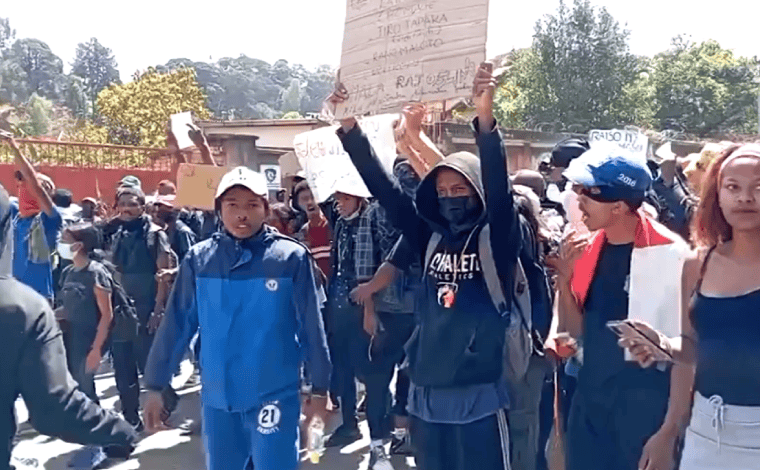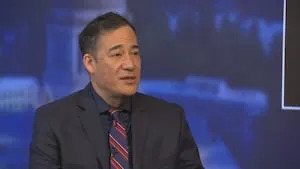Youth-Led Protests Force Madagascar President to Resign NOW

UPDATE: In a dramatic turn of events, widespread protests led by young people in Madagascar have forced President Andry Rajoelina to resign, marking a pivotal moment in the nation’s ongoing struggle against government neglect and economic hardship. The protests erupted last week in the capital Antananarivo over severe water shortages and frequent power cuts, quickly escalating to eight other cities across the island.
On Monday, Rajoelina announced the dissolution of his government after demonstrators demanded more than the dismissal of the energy minister. The protests, now being referred to as a “Gen Z revolt,” reflect the deep-seated frustration of Madagascar’s youth, who are demanding more than mere survival in the face of a failing economic system. Chants of “We want to live, not survive” have resonated through the streets, echoing the sentiments of a generation seeking genuine change.
The violence surrounding these demonstrations has been alarming. At least 22 people have died and over 100 have been injured as security forces reportedly used live ammunition to suppress the unrest. The escalating crisis has drawn comparisons to other recent uprisings in Kenya and Nepal, where citizens also took to the streets over austerity measures and governmental oppression.
With half of Madagascar’s population under the age of 19, the youth movement has utilized social media platforms like Facebook to organize and coordinate their actions. They have adopted the Straw Hat Pirate flag, a symbol of defiance seen in other global protests, reinforcing their solidarity and determination.
The socio-economic backdrop of these protests is grim. Madagascar is one of Africa’s poorest nations, grappling with the effects of climate change, particularly in rural areas where drought has devastated crops. Many young Malagasies are trapped in low-paying jobs, particularly in the struggling clothing and textiles sector, which has been adversely affected by international trade policies.
President Rajoelina, a wealthy former businessman, rose to power in 2009 amidst widespread discontent over previous administrations. His leadership has failed to deliver on promises of progress, leading to this unprecedented youth-led movement demanding accountability and reform.
As the situation unfolds, the world watches closely. The next steps for Madagascar’s youth will be crucial as they seek to build a social movement that connects urban and rural aspirations. With the government now dissolved, the question remains: will this uprising usher in meaningful change, or will the cycle of political upheaval continue?
Stay tuned for more updates on this developing story, as the future of Madagascar hangs in the balance.






